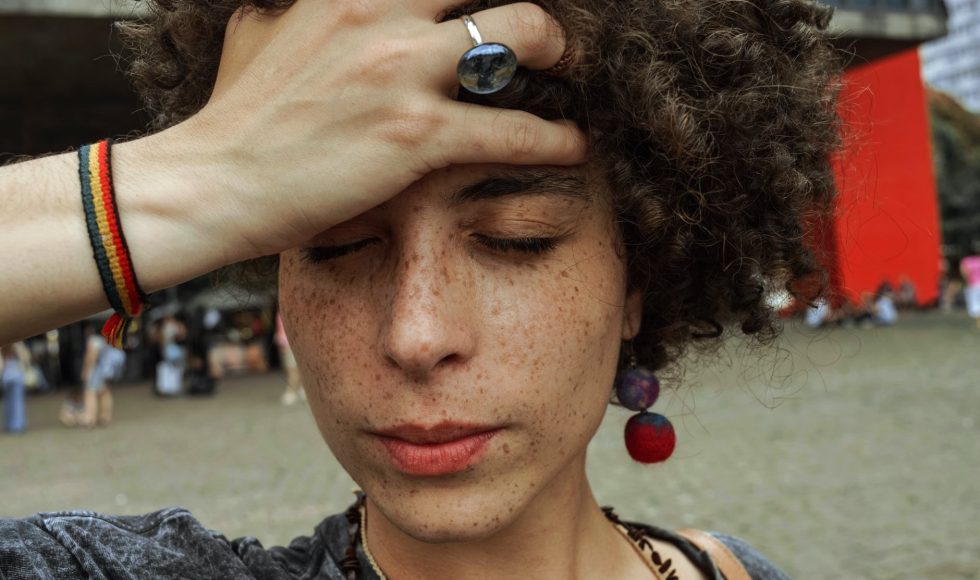The Leading Lines podcast with Derek Bruff recently (episode 090) had Betsy Barre from Wake Forest University and Karen Costa, faculty developer specializing in online pedagogy and trauma-aware teaching and author of the 2020 book 99 Tips for Creating Simple and Sustainable Educational Videos. I enjoyed Costa’s book and have found Barre’s workload estimator really eye opening. The podcast is great, and I knew from the episode guests it would be a conversation worth listening to. The topic they discussed was the apparent paradox of pandemic teaching: both students and instructors report higher workloads even when, in several cases, course changes have been made to reduce assignments, for example. The guests spoke about how everyone is stressed and the overall pandemic has made teaching and learning challenging. Costa recommended teaching in a way that keeps well-being as a priority. Barre had several bits of information on workload estimation and student assignments. Costa talked about the community of inquiry framework. They all raised important questions and thoughts: how does the community of inquiry framework change during high stress situations? If several instructors change high-stakes exams to alternative assessments such as projects, how does this impact student workload now that four or five courses they are taking have different assessments? How should we prevent busywork or the appearance of busywork as instructors? Costa mentioned being flexible with deadlines, doing outreach to check on students missing assignments, and using course incomplete designation when necessary. Bruff mentioned making sure that assignments that have something due lead to something else… and to make sure students know the purpose. Scaffolding of larger assignments and providing students with estimates of time needed to complete assignments were mentioned as practices that help students move along in learning and promote equity. These and several other thoughts from this episode made me reflect on some of the assignments in the yeast course we are teaching. Have we told students why we want them to keep notes every week? Do the notes connect to or have another purpose? How many other capstone creative projects do the students in this course have for other courses? I think we have to continue communicating without overwhelming students and offer opportunities for flexibility.



